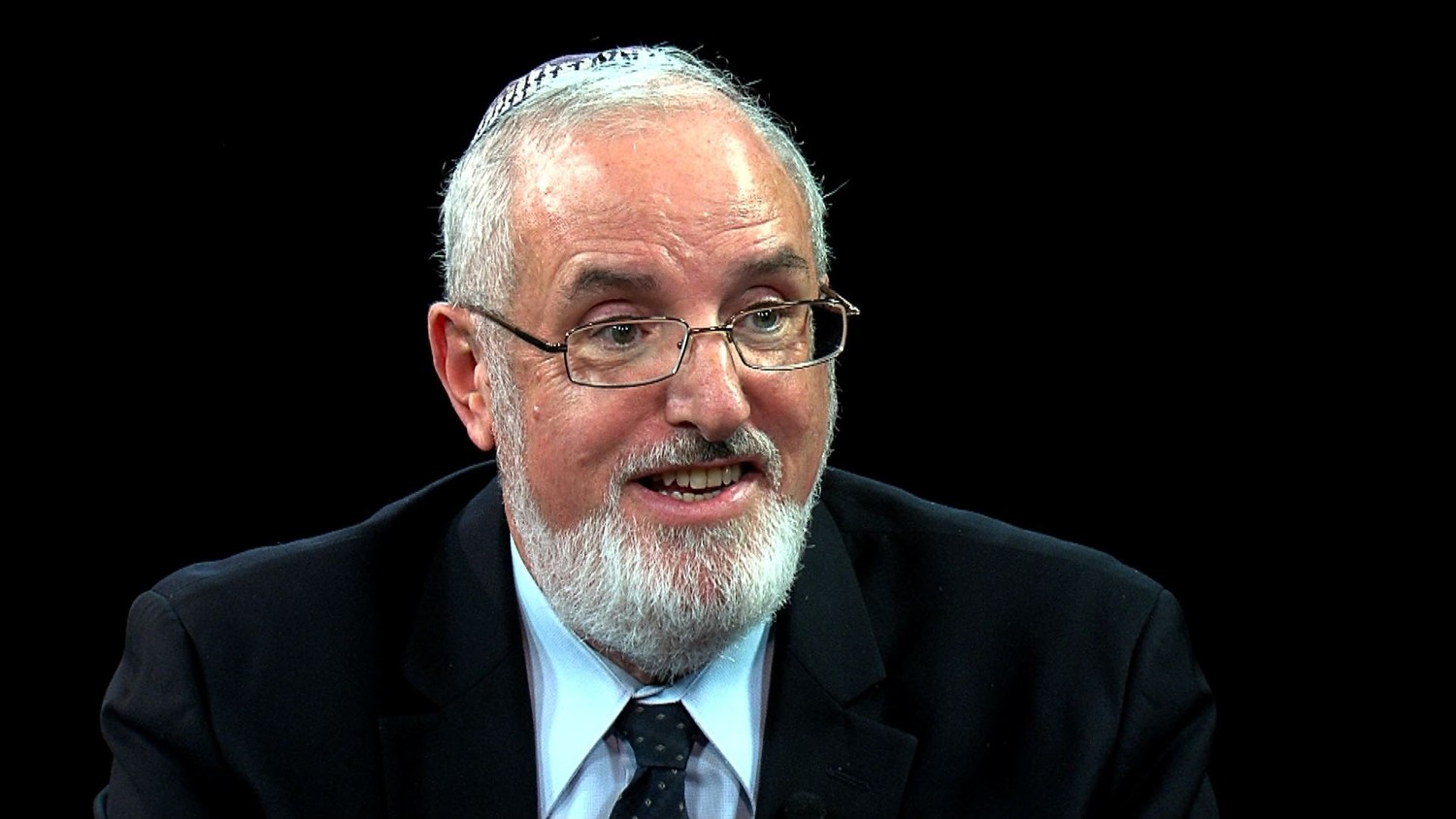Confronting our enemies: Thoughts for Vayetzei
And Yaakov went on his way, and angels of G-d met him. And Yaakov said when he saw them: ‘This is G-d’s camp.’ And he called the name of that place Machanaim” (Bereishit 32:2-3).
These concluding verses of this week’s Torah portion raise several questions. The angels that met Yaakov are not reported to have said or done anything, only to have appeared. What was their mission? Yaakov acknowledged that the visit made this spot “G-d’s camp;” why then did he name the place Machanaim, camps, in the plural?
This strange episode occurs at a particularly stressful time in Yaakov’s life. He had just concluded a treaty with his hostile father-in-law, Lavan and might well have wondered whether he could trust Lavan to keep his side. Would Lavan and his men sneak up and attack Yaakov; would Lavan kill Yaakov and take the entire family back home?
While worrying about Lavan behind him, Yaakov also was worried about what lay ahead: his brother Esav. Would Esav murder Yaakov and family? Could he possibly assuage Esav’s longstanding antagonism? Yaakov must have been extremely unsure of his family’s future.
“Angels of G-d met him.” These angels did not have to say or do anything. Their very presence served to reassure him of G-d’s providence. He realized he would be able to overcome the challenges that threatened him because he was in G-d’s camp — and G-d would protect him.
Yaakov named the place Machanaim, in the plural, because the camp served to protect him from two dangerous enemies.
Lavan and Esav represent two different sorts of enemies.
Rabbinic literature depicts Lavan as the archetypal cheat. He seeks to out-maneuver others; he may appear sweet and generous while planning to destroy his victims. He is a smiling backstabber who preys patiently, uses many ruses to disarm, and harms when his opponents least expect it. He lies, cheats, flatters … he does whatever is necessary to achieve his ends.
Esav is ruthless in a different way. He is not subtle and cunning like Lavan. Rather, he is described as a violent and boorish thug. Esav is ready to confront his enemies directly, with physical strength. Although he is surely a dangerous opponent, one can easily detect his malice and can try to develop means of defense.
Yaakov’s Machanaim symbolized the need for G-d’s help in fighting both of them. The angels’ presence gave him confidence in his ability to survive the challenges he faced.
Today, we confront both Lavan and Esav enemies. Among the Lavans are those who speak softly and self-righteously, as though they are being intelligent and objective in their views, and yet promote anti-Semitism and anti-Zionism in scurrilous ways. The Lavans of the media and academic left pose as supporters of human rights — for everyone except Jews, especially Israeli Jews. These are dangerous and insidious enemies, ruthless in their denigration of Jews and Israel — denigration that encourages violence.
As the Lavans seek to dehumanize Jews and Israelis, the Esavs seek to perpetrate violence. The Esavs are terrorists blinded by hatred. They train their children to hate and to murder. They glorify and honor murderers of Jews and Israelis. The violent Esavs and their supporters are dangerous; their “moral universe” is vastly different from ours. They promote and justify hatred and murder; they rejoice at the shedding of Jewish blood.
How nice it would be if angels would appear to give us encouragement at a time of crisis.
Absent a miraculous visit, we ourselves need to combat the Lavans and Esavs of our time. We need to maintain our own Machanaim that will defend us from the constant propaganda of media; we need to be strong and smart enough to defeat the violence of our generation.

 47.0°,
Mostly Cloudy
47.0°,
Mostly Cloudy 




